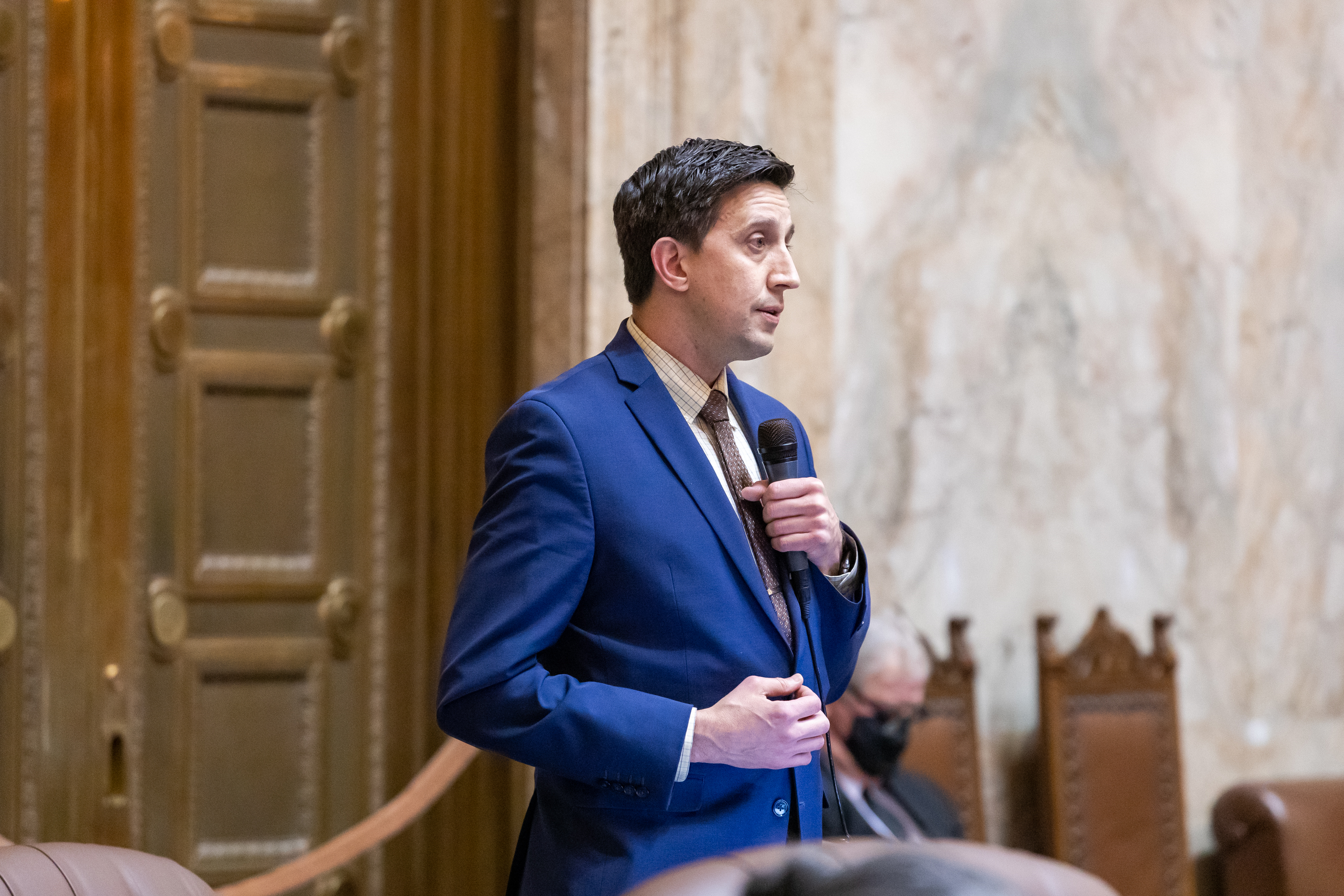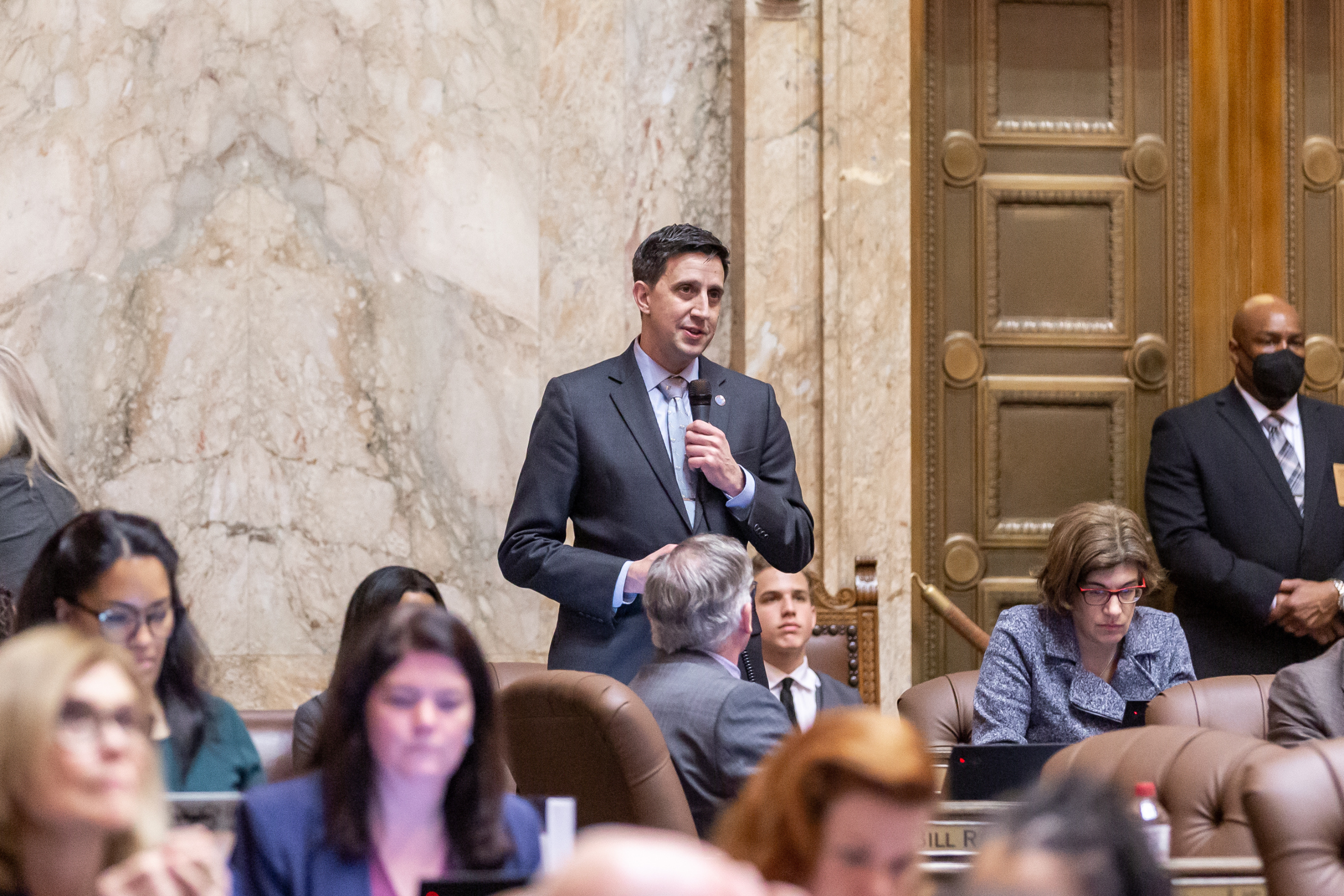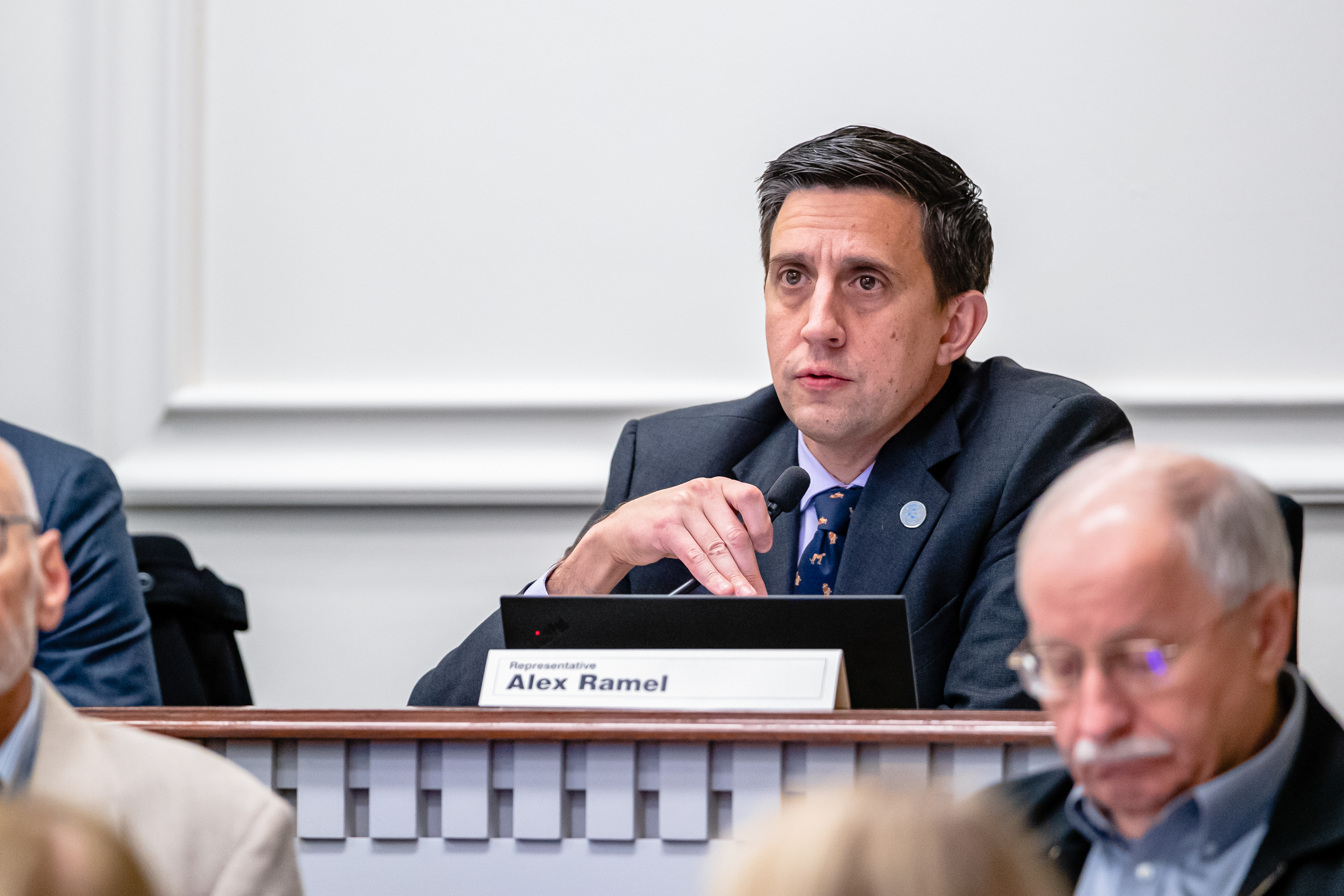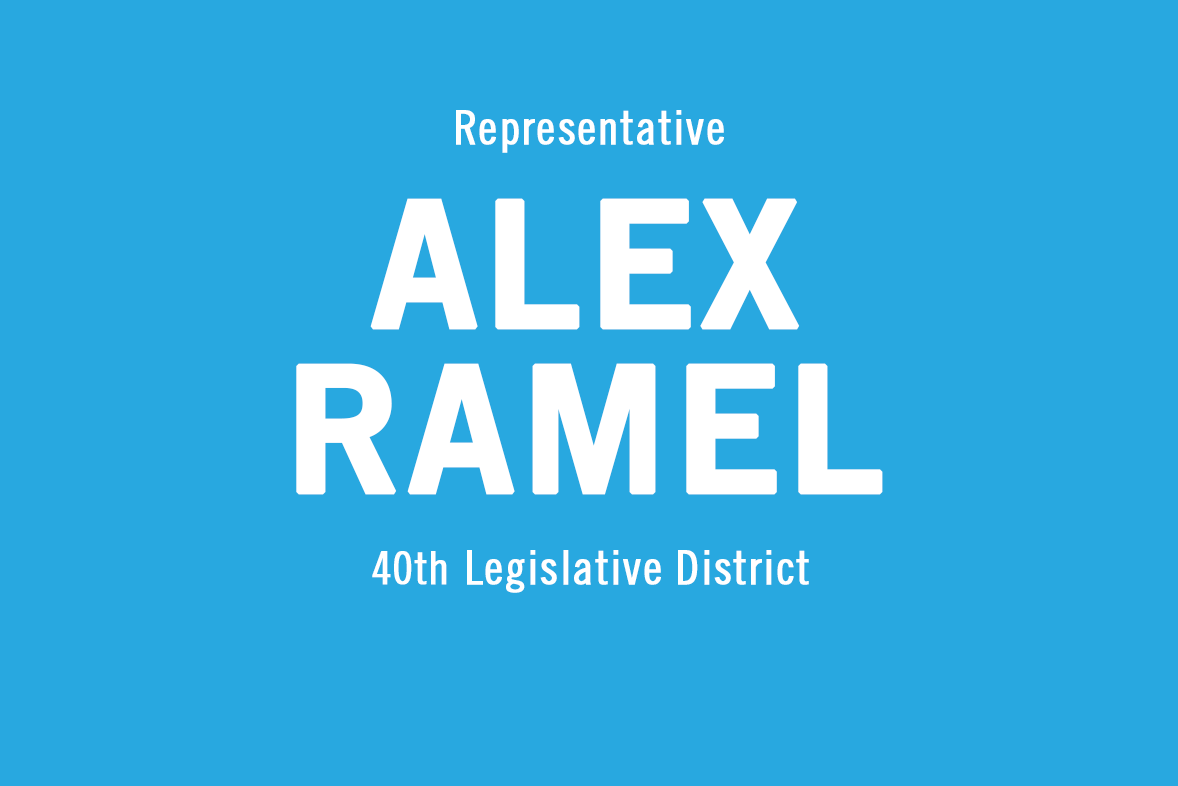Dear friends,
This interim, we will be focusing on efforts to protect tenants and provide an opportunity for you to voice how skyrocketing rent and housing costs have impacted our communities. My hope is to work with you to build a movement that can prepare us to come back fighting for rent stabilization. I’ll start by sharing the scope of the problem, some of the important legislative foundations we set in 2023, and where we go from here – together.
Scope of the Issue
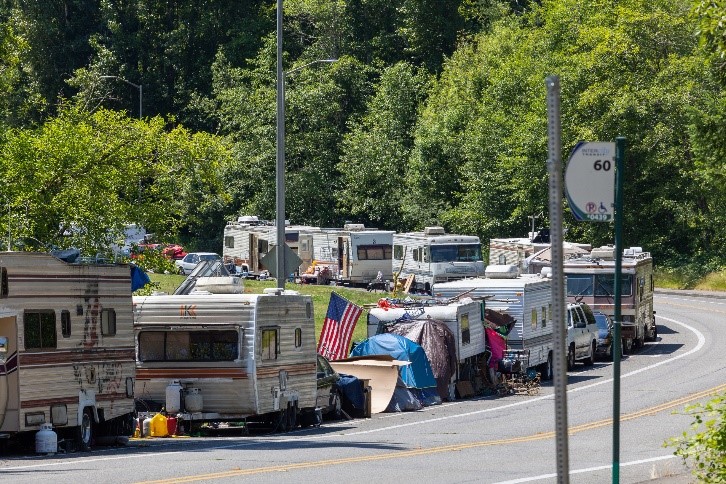
Three weeks ago, the Whatcom County Coalition to End Homelessness published its 2023 report which highlighted the highest number of unhoused individuals since the census began in 2008. Unhoused populations increased 27% from 2022, including across age and wage brackets according to the report. Especially concerning, fifteen percent of homeless people are senior citizens. In neighboring Skagit county, a 70% jump was reported during their last Point-in-Time Count of People Experiencing Homelessness in 2023.
While this increase is attributed to multiple causes by those surveyed such as substance use disorder and other health challenges, these issues are compounded as individuals are being priced out of their homes. The Department of Housing and Urban Development (HUD) found that when the median rent increases $100 a month, it correlates to a 9% increase in homelessness. Last May, the Bellingham Herald reported that the price of rent continues to increases quicker than the statewide and national average. In Bellingham, a one-bedroom apartment has increased 22% since 2020, and renters often spend between 35-41% of their income on housing.
Both the data and reality in our communities could not be clearer about the disproportionality of these consequences. This housing market isn’t sustainable or serving the basic needs of the people who live here. We need change – and now.
2023 Legislative Progress on Housing
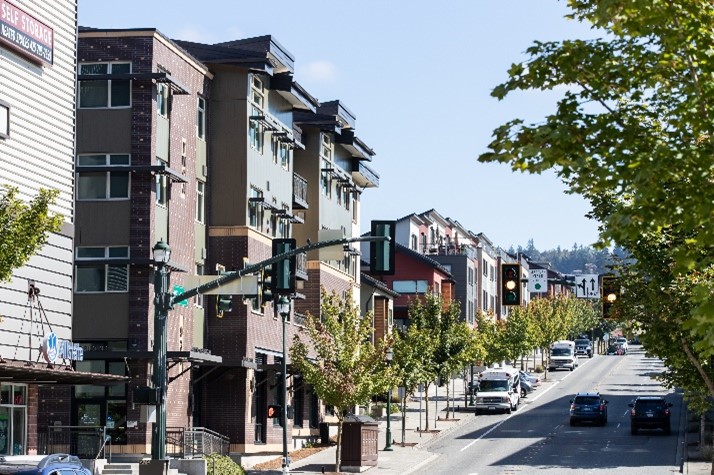
The 2023 legislative session became known as ‘the year of housing’ because of how much foundational policy was passed. We passed over $519 million in funding to expand access to programs that protect people from losing a roof over their head including emergency housing and rental assistance, encampment response and outreach, children and youth homelessness services, and funding for essential needs. An additional investment of $400 million was provided to the Housing Trust Fund to build affordable housing and rapid permanent supportive housing, with another $170 million providing for shelters, and $124 million for home upgrades like weatherization and home efficiency energy rebates. These are all historically high levels.
Perhaps, one of the most impactful bills passed this year helped address the statewide restrictions on building more types of homes, so everyone has an affordable place to live. House Bill 1110, Missing Middle Housing, provides diverse housing options for cities and counties to help slow urban sprawl and focus future housing around major transit stops. It also factors in local development regulations and requires that middle housing meet the same requirements are single-family homes.
We eased barriers to accessory dwelling units (HB 1337), streamlined conversions of unused or underused buildings into new housing (HB 1042), opened resources to developers building affordable housing (HB 1046), and required Growth Management Act cities and counties to streamline the permitting process and timeline (HB 1293).
Keeping people housed and creating paths to homeownership for low-income communities and increasing our investment in deeply needed affordable housing were additional goals we kept in mind this session. Those who have historically been prevented from owning their own home due to racially restrictive real estate policies (HB 1474) will now benefit from a covenant homeownership account to provide down payment and closing cost assistance. We supported those living in manufactured home communities when faced with closure or conversion of their homes (HB 1129/SB 5198 and HB 1771). To help with the increase in homeless disabled veterans and seniors, we expanded the targeted property tax exemption to help keep people on fixed incomes in their homes (HB 1355).
Renters in our community will also benefit from HB 1074, which addressed unfair deposit claims. Often, renters don’t get their deposits returned, even if they haven’t left any damage besides normal wear and tear. This puts landlords in a position to send unfair damages to collections and limit future housing stability. Tenants and landlords need to be equally protected under the law, and this bill strikes that balance.
Finally, we extended foreclosure protections (HB 1349) by extending the timeframe to refer homeowners to mediation in the case of default, and established foreclosure protections in common interest communities (HB 1636).
In review, we made a lot of progress this year, much work remains to ensure our housing policies are equitable, uplift all communities and put people first. Below are some policies I believe we should prioritize in 2024.
Our Work Ahead
HB 1124: As mentioned earlier, sudden excessive rent increases raise the rate of homelessness, and make it difficult for tenants to find alternate housing within their budget. This proposal aims to require a six-month notice of rent increase over 5% to help create predictability for renters, their families, and landlords. Exemptions would be provided for income-based rental agreements.
HB 1389: Stabilizing rent by tying rental rate increase to the rate of inflation or 3%, whichever is greater, up to a maximum of 7% is a simple way to protect tenants from housing instability and provide landlords with pricing certainty in the market. Under the proposal, if a landlord chooses to forgo a rent increase one year, they can bank that increase for the next year. Landlords with new dwelling units under 12 years old or who offer income-based rental rates under state or federal law or who offer public housing are exempt. Those landlords experiencing certain economic hardship can also seek exemptions from this bill. The bill also applies the consumer protection act to the residential landlord-tenant act and the manufactured/mobile home landlord-tenant act.
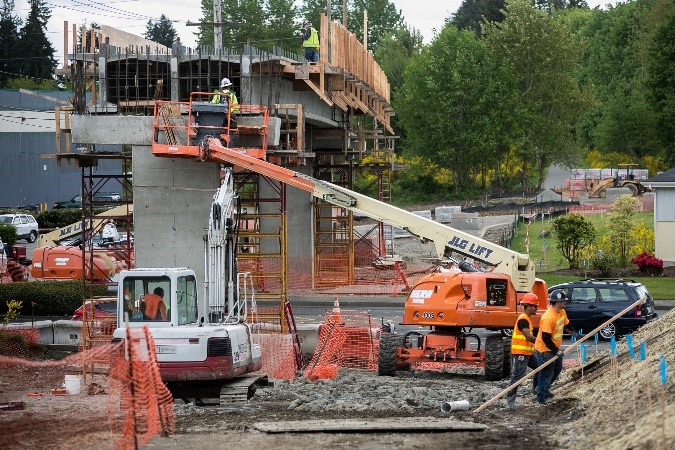
HB 1517: We need more housing options near transit, especially around rail and bus rapid transit. It’s important that we give municipalities the tools to meet development targets without displacing culturally vibrant communities.
HB 1351: Minimum residential parking requirements slow down housing construction and increases reliance on greenhouse gas producing methods of transit. We need to work to remove minimum residential parking requirements under the Growth Management Act.
How You Can Help
Have you experienced housing instability recently? Sudden rent increases, abusive rental practices not protected in law, inaccessibility to homeownership are just a few examples of stories I’d like to hear from you this interim as we build a coalition of renters, homeowners, and concerned citizens seeking housing affordability and stability for all.
Please submit your story here, email me, or message me on facebook! For those seeking resources for housing assistance, Whatcom County maintains a page of resources here, as does the City of Bellingham, the Bellingham & Whatcom County House Authority, and Department of Social and Health Services. As always, my office is happy to assist you in accessing resources!
In service,
![]()
Rep. Alex Ramel
WA State Representative | 40th Legislative District
House Majority Whip
Pronouns: he/him/his
